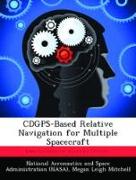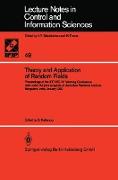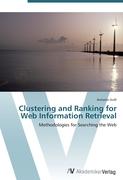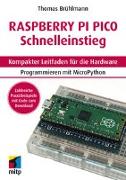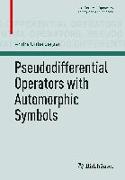- Start
- CDGPS-Based Relative Navigation for Multiple Spacecraft
CDGPS-Based Relative Navigation for Multiple Spacecraft
Angebote / Angebote:
This thesis investigates the use of Carrier-phase Differential GPS (CDGPS) in relative navigation filters for formation flying spacecraft. This work analyzes the relationship between the Extended Kalman Filter (EKF) design parameters and the resulting estimation accuracies, and in particular, the effect of the process and measurement noises on the semimajor axis error. This analysis clearly demonstrates that CDGPS-based relative navigation Kalman filters yield good estimation performance without satisfying the strong correlation property that previous work had associated with "good" navigation filters. Several examples are presented to show that the Kalman filter can be forced to create solutions with stronger correlations, but these always result in larger semimajor axis errors. These linear and nonlinear simulations also demonstrated the crucial role of the process noise in determining the semimajor axis knowledge. More sophisticated nonlinear models were included to reduce the propagation error in the estimator, but for long time steps and large separations, the EKF, which only uses a linearized covariance propagation, yielded very poor performance. In contrast, the CDGPS-based Unscented Kalman relative navigation Filter (UKF) handled the dynamic and measurement nonlinearities much better and yielded far superior performance than the EKF. The UKF produced good estimates for scenarios with long baselines and time steps for which the EKF would diverge rapidly. A hardware-in-the-loop testbed that is compatible with the Spirent Simulator at NASA GSFC was developed to provide a very flexible and robust capability for demonstrating CDGPS technologies in closed-loop. This extended previous work to implement the decentralized relative navigation algorithms in real time.
Folgt in ca. 15 Arbeitstagen

